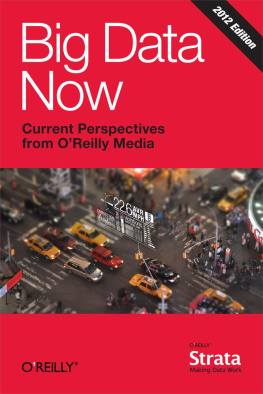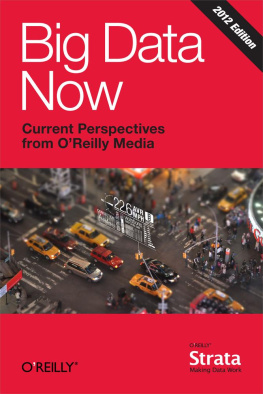The Data Economy
The data economy is a term used by many, but properly understood by few. Even more so the concept of big data. Both terms embody the notion of a digital world in which many transactions and data flows animate a virtual space. This is the unseen world in which technology has become the master, with the hand of the human less visible. In fact, however, it is human interaction in and around technology that makes data so pervasive and important the ability of the human mind to extract, manipulate, and shape data that gives meaning to it.
This book outlines the findings and conclusions of a multidisciplinary team of data scientists, lawyers, and economists tasked with studying both the possibilities of exploiting the rich data sets made available from many humantechnology interactions and the practical and legal limitations of trying to do so. It revolves around a core case study of Singapores public transport system, using data from both the private company operating the contactless payment system (EZ-Link) and the government agency responsible for public transport infrastructure (Land Transport Authority). In analysing both the possibilities and the limitations of these data sets, the authors propose policy recommendations in terms of both the uses of large data sets and the legislation necessary to enable these uses while protecting the privacy of users.
Sree Kumar is a Director of Sreekumar Siddique & Co., a regional research and consulting firm based in Singapore. At the Lee Kuan Yew Centre for Innovative Cities, he is an Adjunct Senior Fellow. Mr Kumar holds degrees in law, economics, English, management, and engineering from universities in the United Kingdom and Singapore. He has been called to the Bar of England and Wales and has an interest in international tax and investment law. He is a Fellow of the Royal Statistical Society.
Warren B. Chik is an Associate Professor in the School of Law at Singapore Management University. He obtained his LLB from National University of Singapore Law School and his masters degrees from Tulane University and University College London. Associate Professor Chik has been called to the Bar of England and Wales, Singapore, and New York. He currently researches and writes in the areas of information and communications technology and the law, Internet intermediaries, data protection, cybersecurity, and the intersection between intellectual property and information technology law.
See-Kiong Ng is a Professor of Practice at the National University of Singapores School of Computing and Director of Translational Research for the universitys Institute of Data Science. He holds a PhD from Carnegie-Mellon University and is a practising data scientist with diverse and cross-disciplinary research interests. From using data mining to unravel the biology of the human body to applying machine learning to understand the biology of complex human cities, See-Kiong aims to push the boundary of data science through trans-disciplinary upstream research and to create impact by translating research outcomes into real-life applications.
Sin Gee Teo is a research scientist at the Institute for Infocomm Research (I2R) in Singapore. He holds a PhD in Computer Science from Monash University, Australia. Before joining I2R, he worked at the Lee Kuan Yew Centre for Innovative Cities, Singapore University of Technology and Design, as a research fellow. His research interests include data privacy, applied cryptography, deep learning, data mining, and cloud computing.
Routledge Research in Public Administration and Public Policy
Administrative Ethics and Executive Decisions
Channeling and Containing Administrative Discretion
Chad B. Newswander
Citizen Participation in the Age of Contracting
When Service Delivery Trumps Democracy
Anna A. Amirkhanyan and Kristina T. Lambright
Community Development and Public Administration Theory
Promoting Democratic Principles to Improve Communities
Edited by Ashley E. Nickels and Jason D. Rivera
Contextualizing Compliance in the Public Sector
Individual Motivations, Social Processes, and Institutional Design
Saba Siddiki, Salvador Espinosa, and Tanya Heikkila
The Politics of Fracking
Regulatory Policy and Local Community Responses to Environmental Concerns
Sarmistha R. Majumdar
The Data Economy
Implications from Singapore
Sree Kumar, Warren B. Chik, See-Kiong Ng, and Sin Gee Teo
For the full list of books in the series visit: www.routledge.com/Routledge-Research-in-Public-Administration-and-Public-Policy/book-series/RRPAPP
The Data Economy
Implications from Singapore
Sree Kumar, Warren B. Chik, See-Kiong Ng, and Sin Gee Teo
First published 2019
by Routledge
2 Park Square, Milton Park, Abingdon, Oxon OX14 4RN
and by Routledge
711 Third Avenue, New York, NY 10017
Routledge is an imprint of the Taylor & Francis Group, an informa business
2019 Sree Kumar, Warren B Chik, See-Kiong Ng and Sin Gee Teo
The right of Sree Kumar, Warren B Chik, See-Kiong Ng and Sin Gee Teo to be identified as authors of this work has been asserted by them in accordance with sections 77 and 78 of the Copyright, Designs and Patents Act 1988.
All rights reserved. No part of this book may be reprinted or reproduced or utilised in any form or by any electronic, mechanical, or other means, now known or hereafter invented, including photocopying and recording, or in any information storage or retrieval system, without permission in writing from the publishers.
Trademark notice: Product or corporate names may be trademarks or registered trademarks, and are used only for identification and explanation without intent to infringe.
British Library Cataloguing in Publication Data
A catalogue record for this book is available from the British Library
Library of Congress Cataloging in Publication Data
Names: Sree Kumar, author. | Chik, Warren B., author. | Ng, See-Kiong, author. | Teo, Sin Gee, author.
Title: The data economy : implications from Singapore / Sree Kumar, Warren B. Chik, See-Kiong Ng and Sin Gee Teo.
Description: Abingdon, Oxon ; New York, NY : Routledge, 2018. |
Series: Routledge research in public administration and public policy ; 20 | Includes bibliographical references and index.
Identifiers: LCCN 2018035412 | ISBN 9781138359574 (hardback) | ISBN 9780429433658 (e-book)
Subjects: LCSH: Data miningEconomic aspects. | Big dataEconomic aspects. | Data miningEconomic aspectsSingapore. | Big dataEconomic aspectsSingapore. | Urban transportationSingaporeData processing.
Classification: LCC HB143.5 .S74 2018 | DDC 338.4/700631205957dc23
LC record available at https://lccn.loc.gov/2018035412
ISBN: 978-1-138-35957-4 (hbk)
ISBN: 978-0-429-43365-8 (ebk)
Typeset in Times
by Out of House Publishing
Contents
In 2014, the Lee Kuan Yew Centre for Innovative Cities launched the Future of Cities, a project funded by the National Research Foundation, the Urban Renewal Authority, and the National Population and Talent Division. The project comprising seven studies tries to unpack the future challenges facing Singapore and examined the policies shaping that future in different sectors. The studies covered the future economy, future society, the data economy and its implications, future transport policies, future urban typologies, sustainable futures, and living with technology. All but one of the studies have been completed and the last will be concluded soon. The completed studies are being published as journal papers or books.

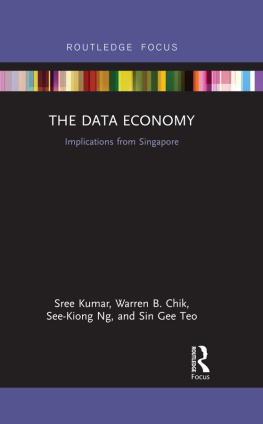

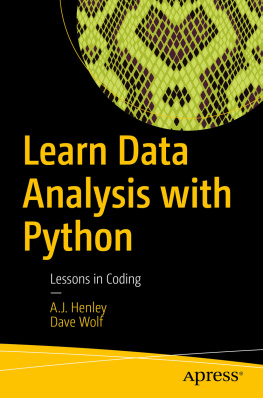
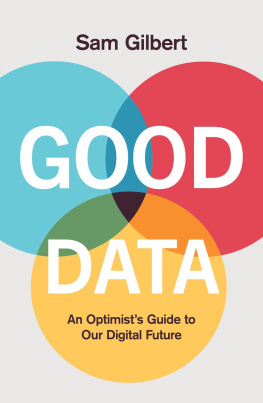
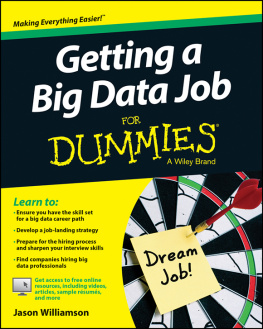
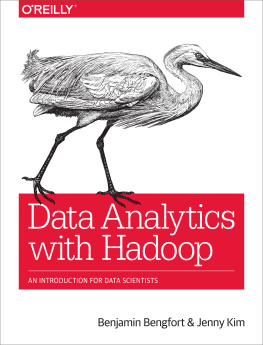
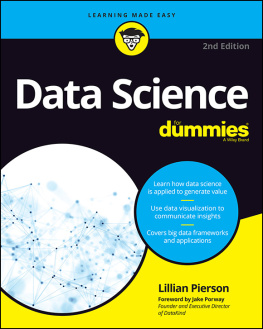
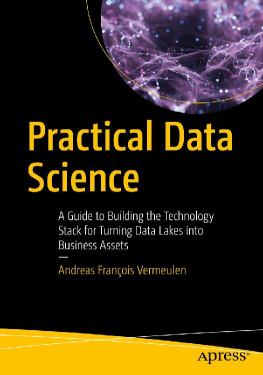
![EMC Education Services [EMC Education Services] - Data Science and Big Data Analytics: Discovering, Analyzing, Visualizing and Presenting Data](/uploads/posts/book/119625/thumbs/emc-education-services-emc-education-services.jpg)
